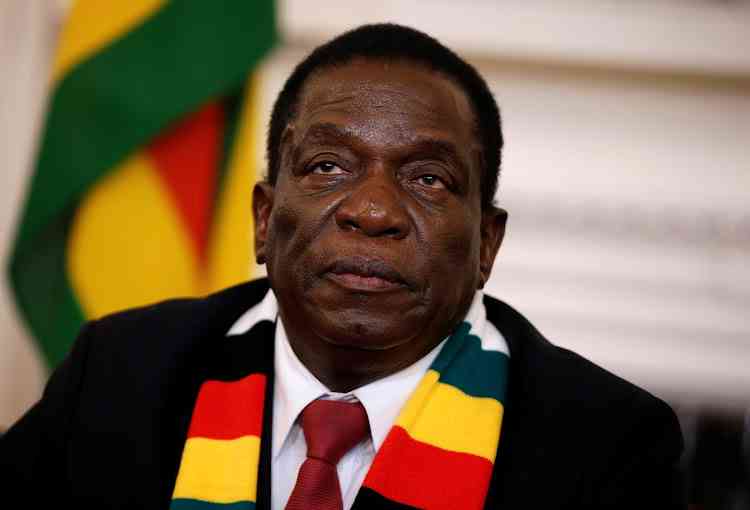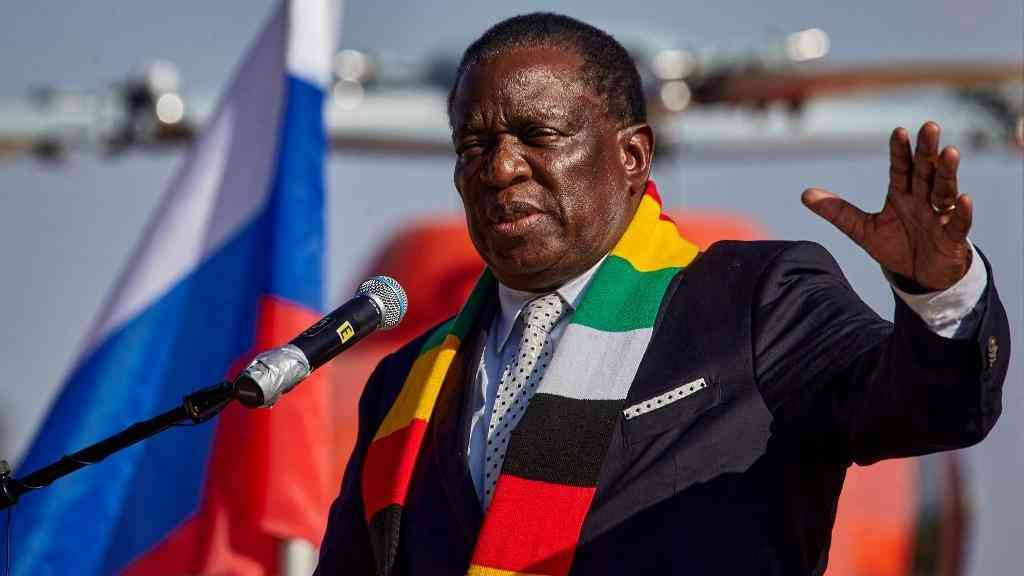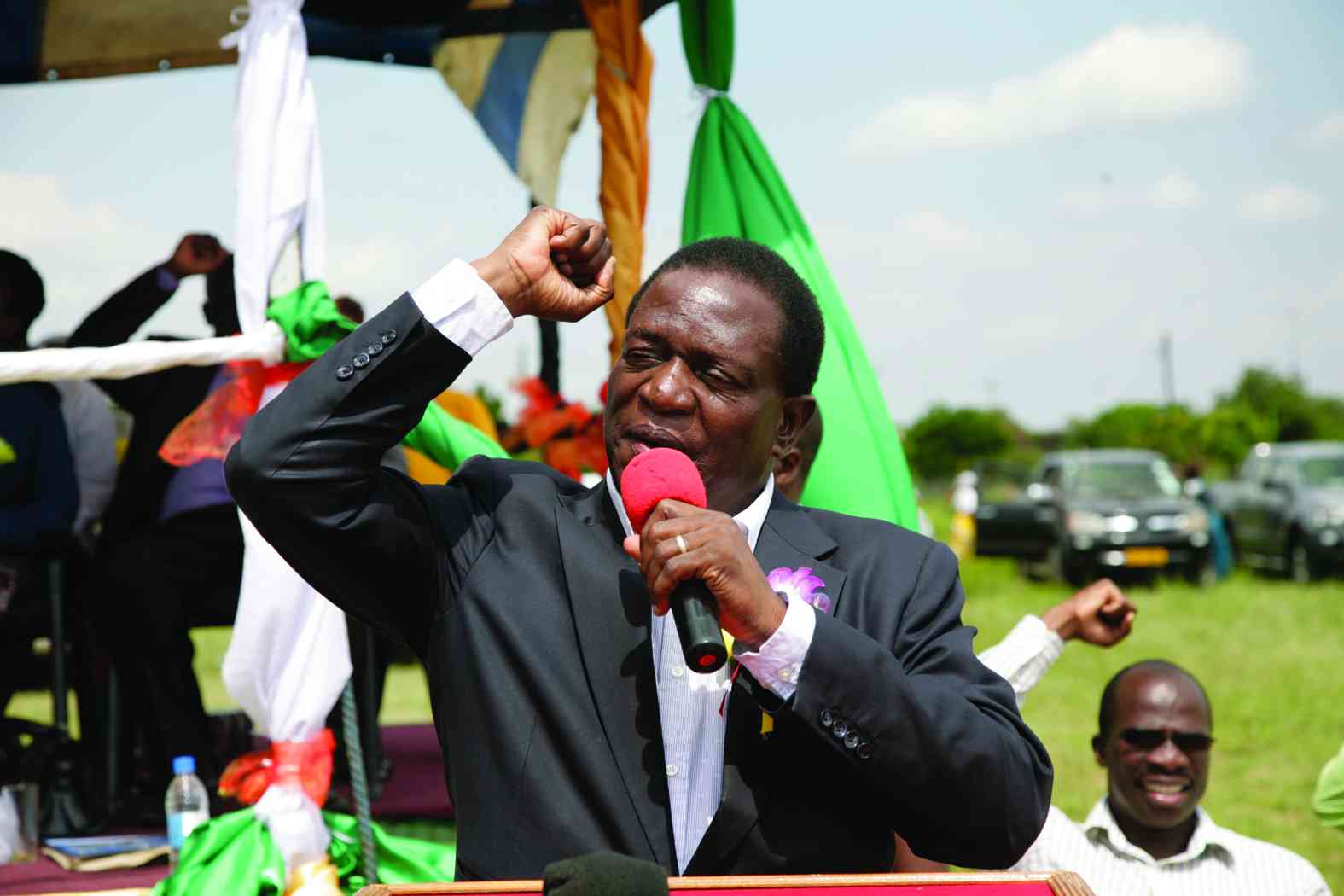
PRESIDENT Emmerson Mnangagwa has tightened screws on foreign trips by Cabinet ministers and top government officials as part of new measures to manage government expenditure and redirect resources towards service delivery.
In an address to the newly-appointed ministers in Harare yesterday, Mnangagwa said ministers and permanent secretaries would no longer be allowed to travel out of the country at the same time.
“In this regard, no minister and permanent secretary can both be out of the country at the same time, as this has negative implications on service delivery and general government business,” he said.
“Further, travel outside the country will be strictly limited to those programmes which are of strategic importance and contribute to our country’s national priorities.”
Mnangagwa’s remarks come a few days after he hired a private jet from Swiss company, Comlux, which took him and a delegation of over 75 people to the United Nations General Assembly in New York.
His delegation included an advance team and was joined in New York by yet another group headed by Foreign Affairs minister Frederick Shava.
Mnangagwa said the Mutapa Investment Fund, formerly known as Sovereign Wealth Fund of Zimbabwe, would save as the moral compass for the new Cabinet team and other arms of government.
“The recently gazetted Statutory Instrument No 156/2023 on the Mutapa Investment Fund has far-reaching implications for our State-owned enterprises as well as the state of our economy as a whole. I expect Cabinet to play its part in line with the overall vision of this new development,” Mnangagwa said.
- Kasukuwere dares Mnangagwa
- Kasukuwere dares Mnangagwa
- Chiefs to supervise food aid distribution
- Graft 'bleeding' ZimStat
Keep Reading
The statutory instrument transferred the shareholding of 20 State-owned companies to Mutapa Investment Fund without parliamentary involvement, with analysts saying it exposes the entities to looting.
“It is imperative that we continue to refine and perfect our procurement system in order to promote value for money in all government programmes and projects. Transparency and accountability must remain the hallmarks of this administration. Challenges encountered and lessons learnt from the first five years of the second republic should be reference points for all of us,” he said.
At its first meeting, Cabinet announced the repeal of colonial laws, arguing that they were no longer relevant in the current Zimbabwean context.
The laws include the Fredrick Clayton Trust Act [Chapter 17:02], Service of Documents (Telegraph) Act [Chapter 8:13], Settled Estates Leasing Act [Chapter 20:19] and War Marriages Validation Act [Chapter 5:15.)
“The nation is being informed that the recommendation to repeal the above-mentioned Acts was borne out of the realisation that these laws have become obsolete and should be deleted from the statute books,” Information minister Jenfan Muswere said during a post-Cabinet briefing.











